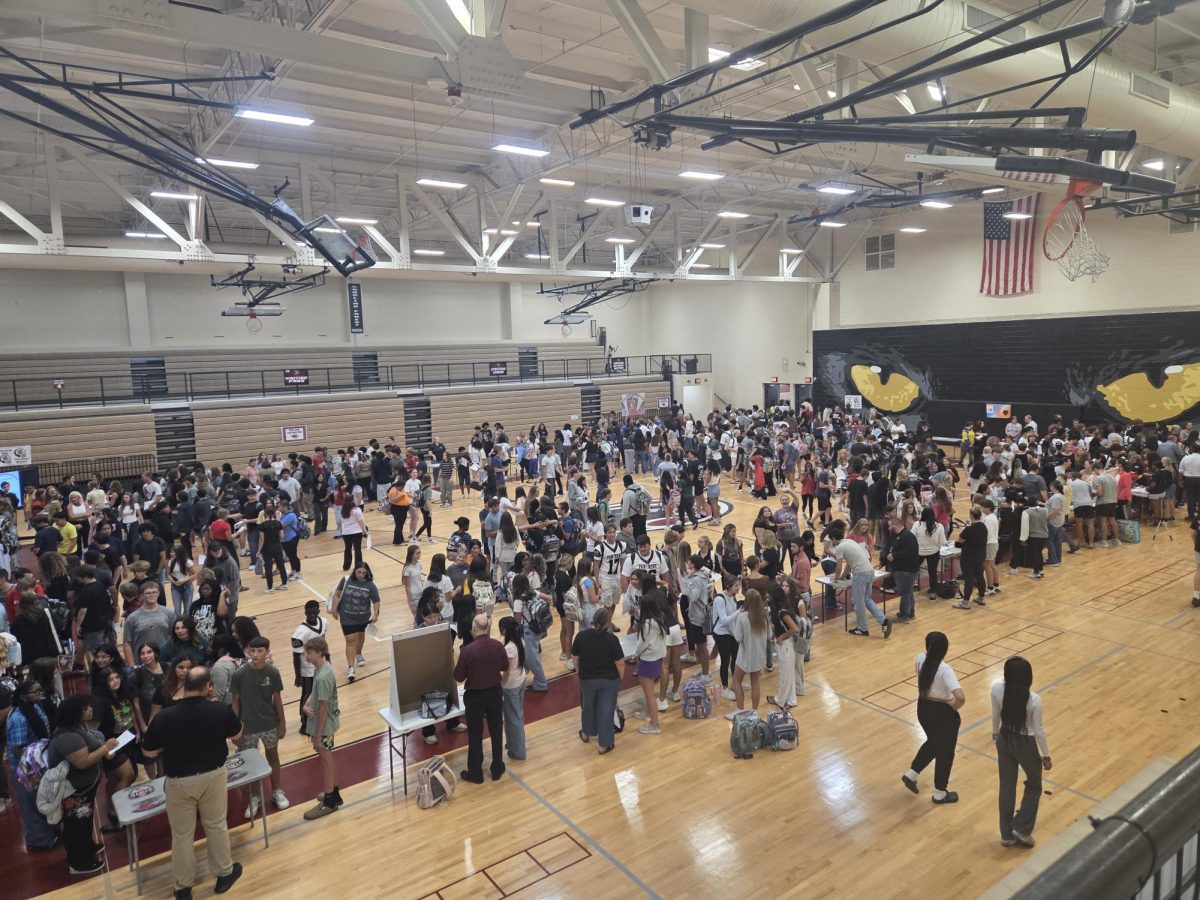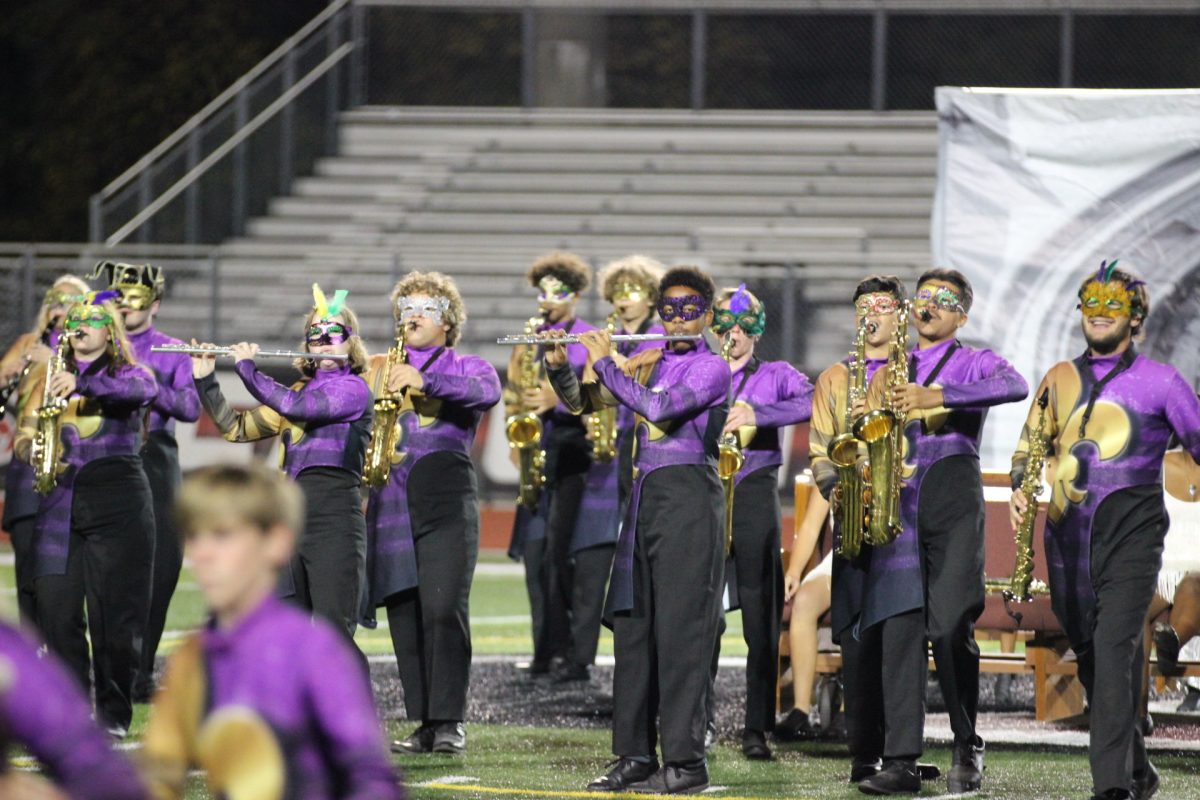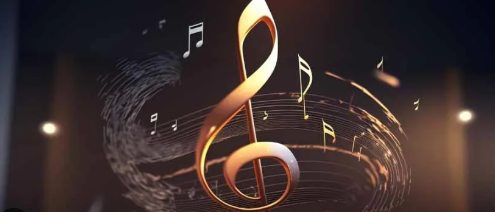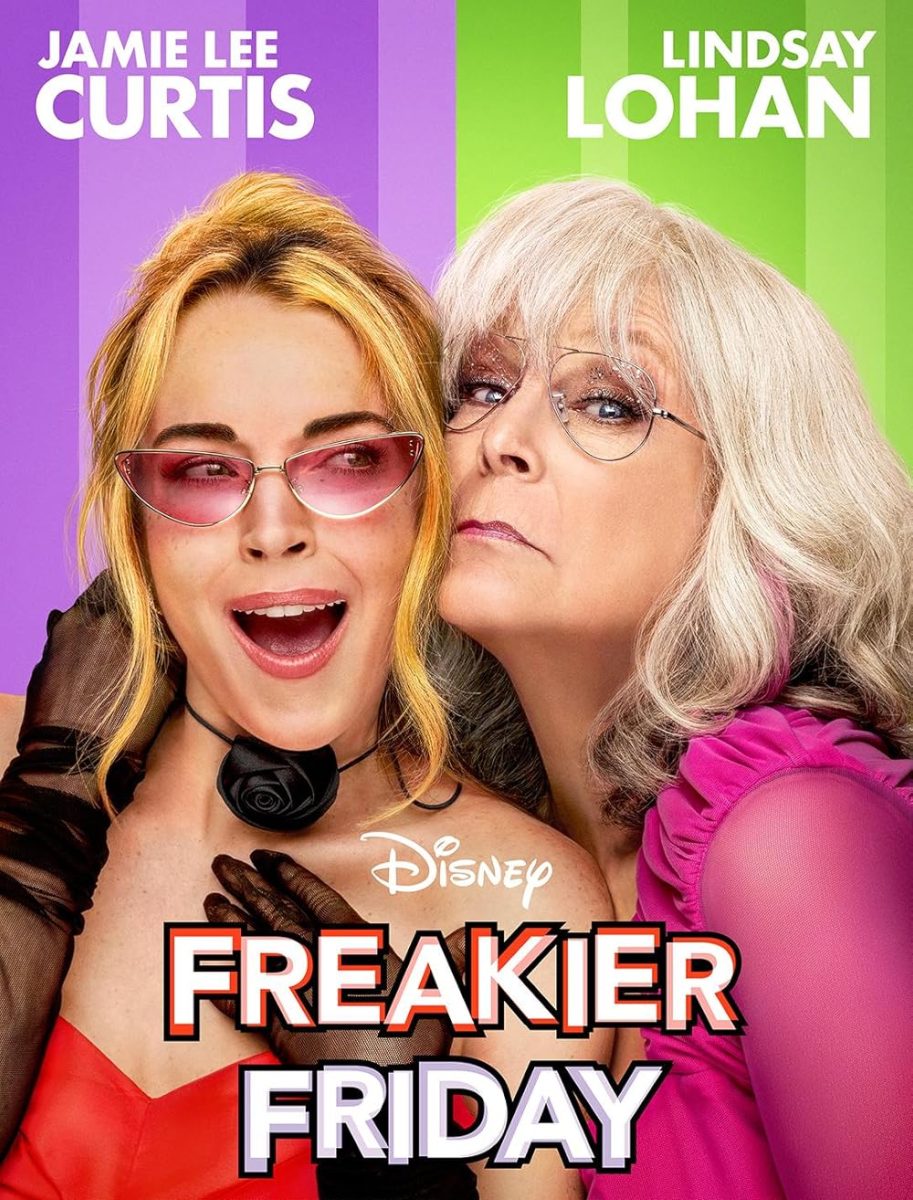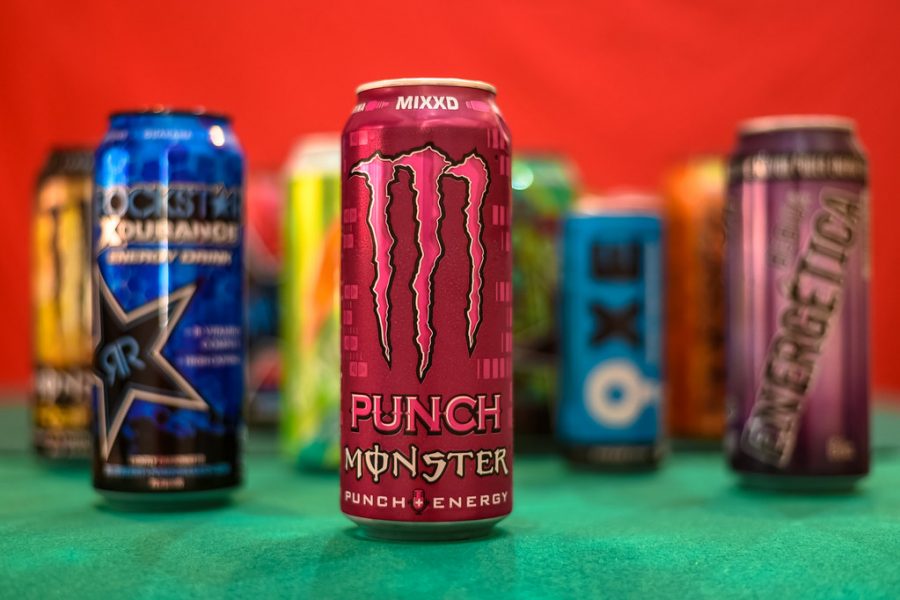Extra Energy Needed?
February 13, 2020
Energy drinks have become a common trend among younger members of society recently, popularizing all the bright colors and fun flavors. The National Center for Complementary and Integrative Health has conducted research on energy drinks. “Next to multivitamins, energy drinks are the most popular dietary supplement consumed by American teens and young adults. Men between the ages of 18 and 34 years consume the most energy drinks, and almost one-third of teens between 12 and 17 years drink them regularly.”
Many are misled by the promise of increased alertness and athletic ability provided by energy drinks and remain unaware of the negative health effects they bring. These drinks initiate a burst of energy followed by a hard crash with no evidence of nutrition. However, this effect leaves people coming back for more, especially teens and athletes who have become addicted to the brief rush they feel from the excessive caffeine and end up consuming multiple energy drinks every day.
Senior Kaya Perry shares, “I drink a Bang every morning because it makes me a more sociable person.”
I myself tend to drink one before a meet so that I have energy in the pool, although I do not think about what the caffeine is doing to my body.
Matt Perdue, one of our wrestling coaches and Government and Economics teachers, used to drink energy drinks everyday until his doctor told him that he would not make it to age 60 if he continued the pattern, despite the fact that he works out everyday. Perdue says, “That stuff caused my blood pressure to skyrocket. I now only drink one or two a month and my blood pressure alone dropped 25 points.”
Interestingly enough, energy drink companies are not required to display the total amount of caffeine on their products. It is no surprise that several popular drinks happen to lack these dangerously high numbers in the nutrition facts section on the cans.
One Bang contains 300 mg of caffeine, which is more than two cups of coffee, as stated on the can. A Red Bull contains 111 mg of caffeine and 39 g of sugar, while a Monster contains 86 mg of caffeine and 54 g of sugar. Although it is considered unhealthy for teens to consume over 100 mg of caffeine a day, many energy drinks exceed this amount.
When consumed in large amounts, caffeine can lead to increased heart rate and blood pressure, along with anxiety, insomnia, dehydration, nausea, and jitteriness. Too much caffeine can also damage a teen’s developing cardiovascular and nervous systems.
Some ingredients in energy drinks have not even been tested to ensure that it is safe for people to consume. For example, herbal supplements and alternative sources of caffeine like guarana and taurine.
“I adore energy drinks, but Pre-Workout caused me to have early kidney failure, which only reversed once I gave up ALL caffeine for around eight weeks,” adds Jen Hodges, one of our art teachers. She mainly drinks decaf now and strays away from energy drinks.
Overall, energy drinks cause more harm than good and everyone should avoid drinking them or at least limit their intake in order to preserve their health.
Sources:
https://nccih.nih.gov/health/energy-drinks
https://kidshealth.org/en/teens/sports-energy-drinks.html
https://childrensmd.org/browse-by-age-group/truth-teens-energy-drinks/





